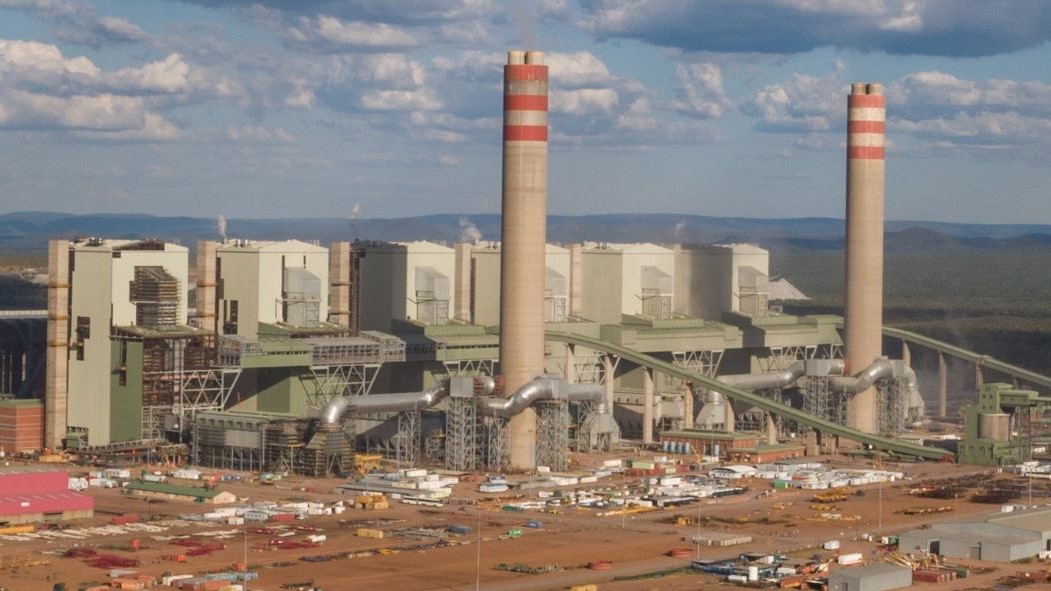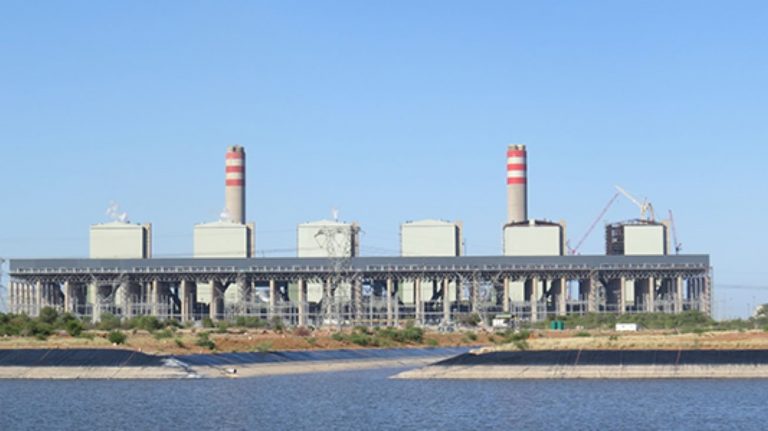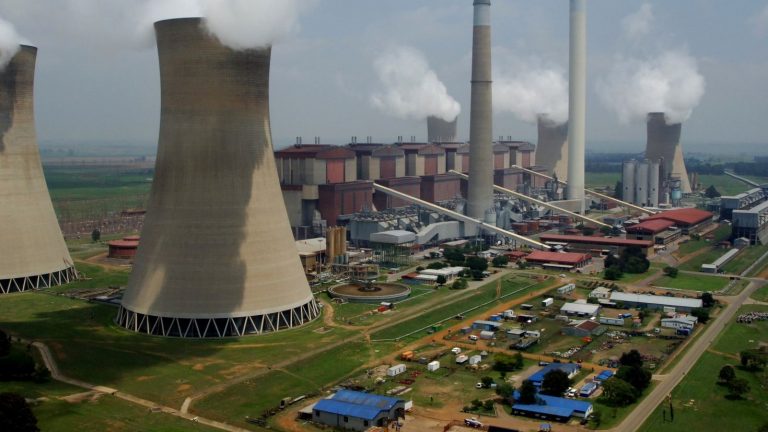Energy Availability Factor (EAF) currently at 71.6%, generation recovery plan continues to deliver dividends
Friday, 12 September 2025: Eskom continues to reliably deliver power to South Africa. Unplanned losses from breakdowns remain significantly below the 10 000MW threshold, recorded at 7 394MW. This reflects sustained structural improvements in plant performance driven by the ongoing implementation of the Generation Recovery Plan. In addition, the open-cycle gas turbines (OCGTs), or diesel generators, maintained a load factor of just 0.001% for the second consecutive week.
The sustained technical improvements have ensured a reliable power system, meeting more than 97% of electricity demand since the beginning of the financial year. South Africa has experienced no loadshedding since 15 May 2025, with only 26 hours recorded between 1 April and 11 September 2025.
Between 05 September and 11 September 2025, planned maintenance increased as Eskom enters the summer period, averaging 4 624MW. During this period, the Energy Availability Factor (EAF) fluctuated consistently between 69% and 73%, with the month-to-date average further remaining above the 70% mark and currently at 71.64%.
This upward trend reflects growing stability and improved reliability across the generation fleet. These figures exclude Kusile Unit 6, which has been contributing 720MW to the national grid since 23 March 2025. Although not yet in commercial operation, the unit is expected to reach that milestone by September 2025.
To further strengthen grid stability, Eskom is planning to return a total of 2 835MW of generation capacity to service ahead of the evening peak on Monday, 15 September 2025, and throughout the coming week.
Between 1 April and 11 September 2025, the Unplanned Capability Loss Factor (UCLF), which reflects the percentage of generation capacity lost due to unplanned outages, further decreased to 26.53%. This represents a week-on-week improvement of approximately 0.4%, although it remains about 1.2% higher than the 25.38% recorded during the same period last year.
From 1 April to 11 September 2025, diesel spend remains well under the allocated budget.
As of today, 119 consecutive days without loadshedding have been achieved.
Eskom published the Summer Outlook on 5 September 2025, covering the period 1 September 2025 to 31 March 2026, which forecasts no loadshedding due to the structural progress in plant performance as a result of the ongoing implementation of the Generation Recovery Plan.
The available generation capacity currently stands at 28 776MW, while tonight’s electricity demand is expected to reach 25 181MW. The current capacity is sufficient to meet both today’s demand and anticipated requirements over the weekend.
Key Performance Highlights:
- Unplanned outages averaged 8 826MW over the past week, significantly lower than the 10 915MW recorded during the same period last year. This marks a notable year-on-year reduction of breakdowns by 2 089MW.
- Year-to-date, planned maintenance has averaged 5 243MW, accounting for 11.17% of total generation capacity. This reflects a slight decrease from the previous week and a 0.7% rise compared to the same period last year.
- The year-to-date EAF further increased to 61.8%, excluding the 720MW contribution from Kusile Unit 6. This figure is below the 63.61% recorded during the same period last year, mainly due to a 1.2% and 0.7% YTD increase in unplanned and planned maintenance, respectively, compared to the previous year.
- From 1 April to 11 September 2025, Eskom spent approximately R5.9283 billion on fuel for its Open-Cycle Gas Turbine (OCGT) plants, generating 1 000.91GWh of electricity. While there was no notable increase in expenditure over the past week, the electricity generated represents a significant rise compared to the 578.14GWh produced during the same period last year. It is important to note that diesel expenditure is not consistent throughout the year but fluctuates seasonally in response to system demand and operational requirements.
- The year-to-date load factor for OCGTs has decreased to 7.45%, reflecting a 0.33% decrease compared to the previous week. This figure remains higher than the 4.30% recorded during the same period last year.
Protect transformers and infrastructure – avoid illegal connections and prevent power failures
During the previous winter peak periods in the mornings and evenings, load reduction eased slightly — from an average of 544MW in April 2025 to 529MW in June 2025 — with Limpopo, Mpumalanga, and Gauteng accounting for approximately 87% of the total.
Eskom appreciates the progress achieved in reducing load reduction nationally, with a 3% improvement recorded between April and June 2025. The largest gains were seen in Limpopo and Mpumalanga, with reductions of 13% and 5% respectively. Looking ahead, Eskom is committed to further reducing load reduction by 15–20% by March 2026 and eliminating it entirely within two years.
This will be achieved by addressing 640 000 illegal connections by March 2026, upgrading infrastructure (including the rollout of smart meters), reducing zero buyers and illegal vending, and expanding free basic electricity registrations in priority areas.
The primary causes of load reduction remain illegal connections and meter bypassing. These practices amount to electricity theft and place severe strain on the network, leading to transformer overloads, equipment damage, and, in extreme cases, explosions and extended outages.
To protect infrastructure and ensure public safety, Eskom is compelled to implement load reduction by switching off power in high-risk areas during peak hours. To help avoid these measures and ensure a stable supply, customers are urged not to bypass meters or connect illegally. Electricity should only be purchased through Eskom-accredited vendors, and customers are encouraged to regularise their electricity usage. These actions are critical to securing safe, reliable, and fair access to electricity for all.
Any illegal activity impacting Eskom’s infrastructure should be reported to the Eskom Crime Line at 0800 112 722 or via WhatsApp on 081 333 3323.
Eskom will provide an update on Friday, 19 September 2025, or promptly communicate any significant changes as soon as they occur.
ENDS








